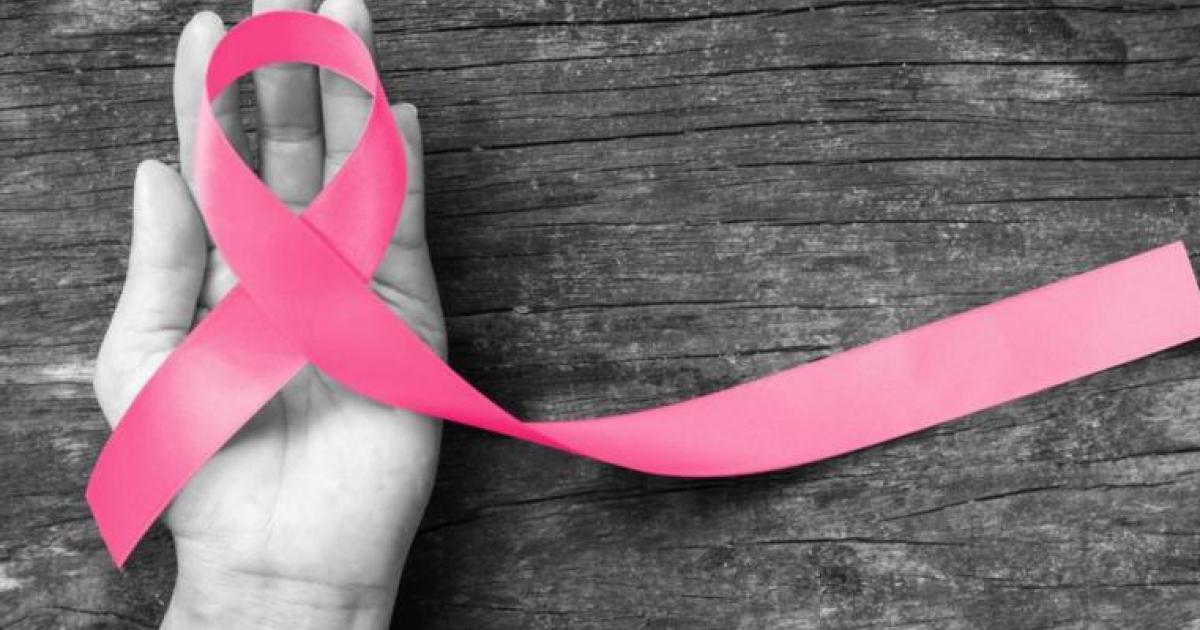When a woman goes through breast cancer, there are many questions that arise. But when it comes to patients with advanced disease, with metastases, there is always a recurring question: Why are new drugs delayed?
A question that several breast cancer patients have raised at an information session with oncologists held in the auditorium of the Cancer Management Unit in Guipúzcoa (Onkologikoa), in San Sebastián, in parallel to the 14th International Symposium of the GEICAM Group on Breast Cancer Research, which is closing today.
The process that generates the approval of a new drug by the regulatory agencies and then by the health authorities can take many months, precious time for those women who live against the clock and whose hope is in a new line of treatment control the progression of your disease.
This is the case of Maider, with metastatic breast cancer since 2012: “Those of us who are in stage IV (the most advanced), cannot wait. We suffer a lot of impotence”.
A feeling that Nagore also shares, with an advanced breast tumor for 5 years: “There are cancers that have no waiting time”.
The oncologist Laura de Paz, from the Hospital Complex of Ferrol (A Coruña), has recalled in this patient forum that research with new molecules has to go through the corresponding phases until its approval, although she has recognized that it may exist “an excess of bureaucracy”.
“It’s something we oncologists struggle with every day, but we’re not gods.” has lamented, since it does not depend on the doctors but on the health authorities and each of the autonomous communities.
Also the oncologist Ignacio Chacón, from the University Hospital of Toledo, has recognized that it is “desperate”. “Sometimes we see no reason for such delays”.
María Luisa Villafranca, former patient and president of the association of women affected by breast cancer “Rosae” in Valdepeñas (Ciudad Real), has asked health managers, oncologists and patient associations to work together to overcome these obstacles.
Some speakers have considered that sometimes the media generate expectations about new treatments that may take years to arrive.
For Coral Larrosa, a former breast cancer patient and journalist for Informativos Telecinco, the speed with which work is done today makes it the scientific journals themselves “those with some competition and a rush to publish early-stage work that takes years to arrive or falls by the wayside”.
Participation in clinical trials was another topic that patients have discussed with oncologists and have demanded more and better information to eradicate the idea of being “guinea pigs”.
Oncologist Laura de Paz has said that It is a social benefit not only for the participating patient, but also for subsequent generations.
In this patient forum Another recurring question in people with cancer could not be missing: “Why me? “
Antonio, one of the 300 or 400 men who have breast cancer a year in Spain, 1% of all cases, has questioned it. “We are a minority, we are weirdos.”
And the oncologist Ignacio Chacón responded: “And why not you?”
“Breast cancer is a biological aberration, we do not know why it happens but we can identify some risk factors”, such as age, genetic inheritance, tobacco and alcohol consumption or obesity, among othersthe specialist has concluded.
–

